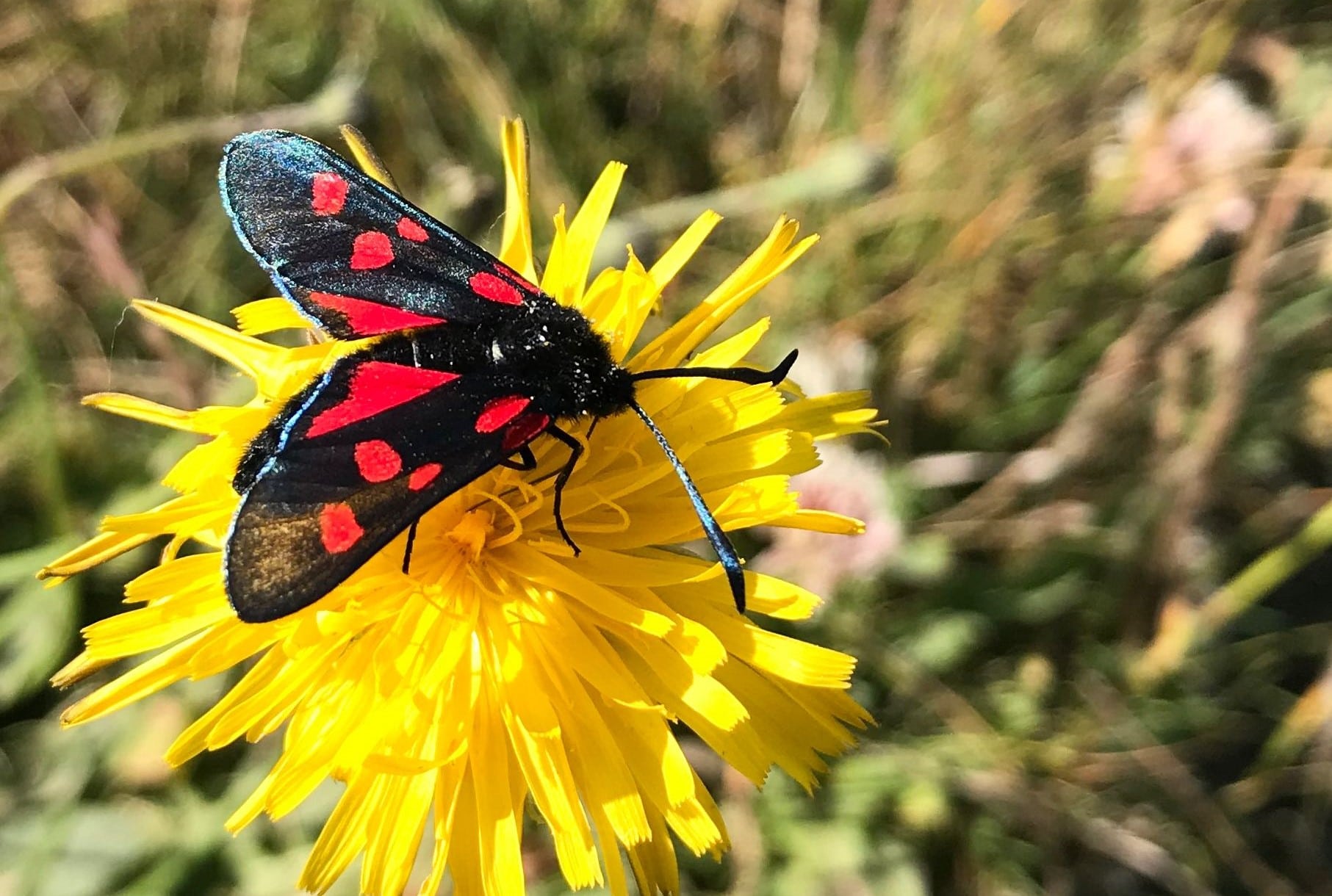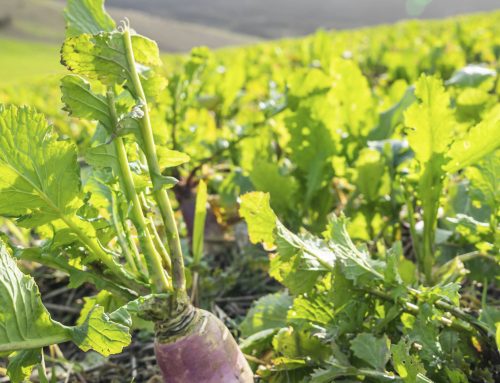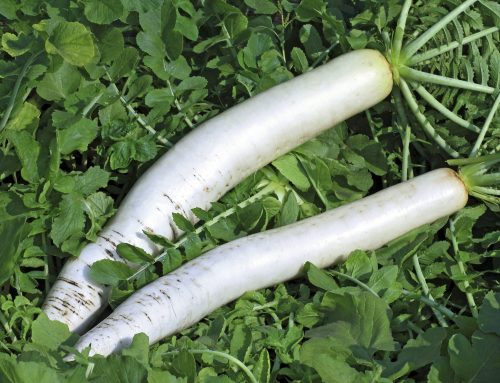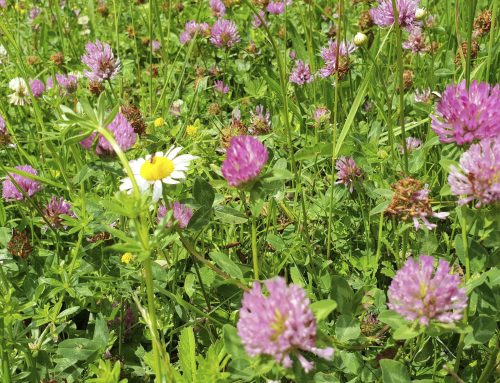Doing your bit for Pollinators

It’s coming to the time of year when you will notice the British roadsides coming into bloom. Beautiful wildflowers such as Buttercups, Red & White Campions, Forget-me-nots, Ox-eye Daisy’s and Clovers. To name just a few.
The British countryside used to be heaped in wild Flora, but unfortunately there has been a huge decrease in the area covered by Wildflower meadows due to development and an increased demand for land to be farmed. Both of these factors are due to increasing population numbers.
This is a growing problem for our pollinators. They are a vital part of our eco-system but their numbers are declining, which is also a problem for our flowers, fruits and crops.
Many plants rely on pollinators to transfer pollen from one flower to another in order to set fruits and seeds. The loss of our pollinators could cause serious implications for our food production.
There are many things we can do to help our pollinators out. Here are a few things to get you started:
Planting pollen and nectar-rich plants
Even if you have the smallest garden you can still do your bit for bees and insects. A couple of flowers here and there can really help.
These RHS Plants for Pollinators lists can help you to find the perfect plants for your garden to attract pollinators:
– Garden plants list
– Wildflowers list
Avoid using pesticides
Sometimes we use pesticides even though the pest isn’t doing any harm to plants and we could probably just put up with it. By their nature pesticides are harmful to pollinators even if they aren’t the target. If the use of pesticides is essential then you should read the label carefully and never spray open flowers.
Provide nests and water
Some types off bees like to nest in the ground either in the soil or even in existing tunnels made by rodents. Bee and insect houses are also available in many shops. They are commonly made with pinecones bamboo canes and small logs with holes in. Some types of bees will even use birdboxes to make their nests.Pollinators also need to drink, a shallow tray of water or a bird bath are suitable. Keep the water clean and fresh, the birds will love it too.
RHS Plants for Pollinators. The RHS Plants for Pollinators mark is only given to plants that support pollinating insects. Find out more at rhs.org.uk/plantsforpollinators


